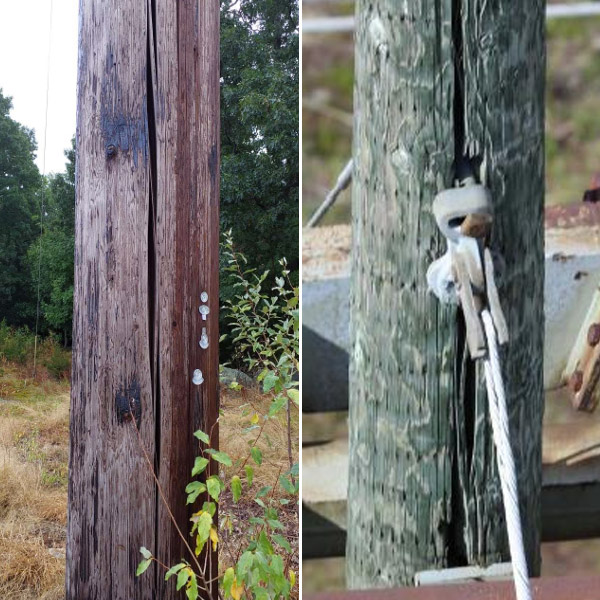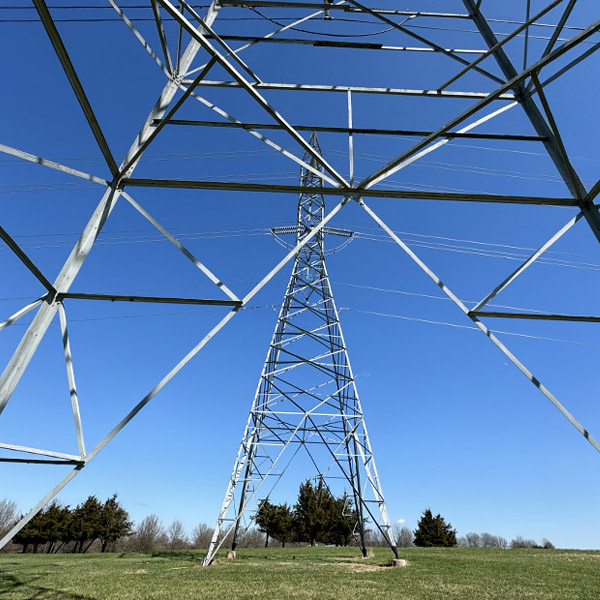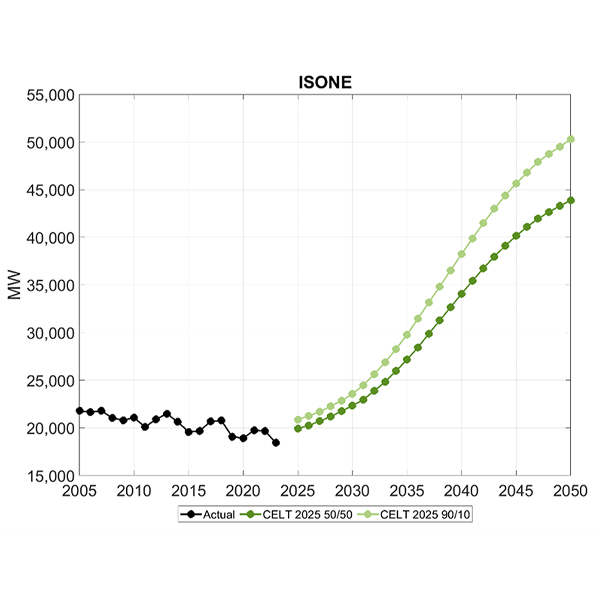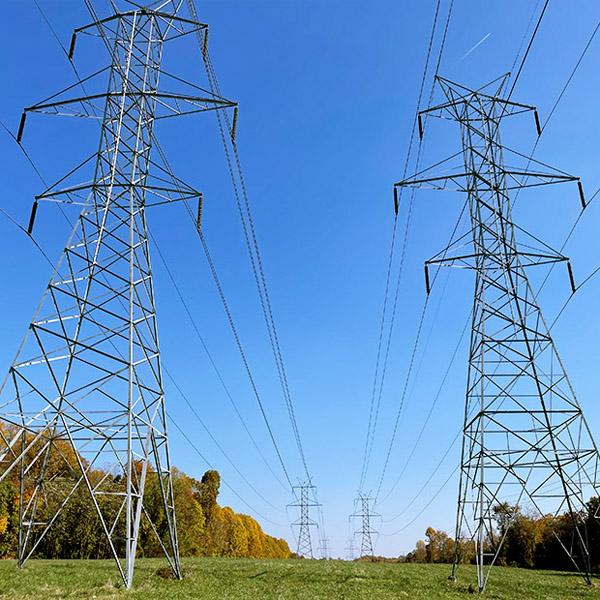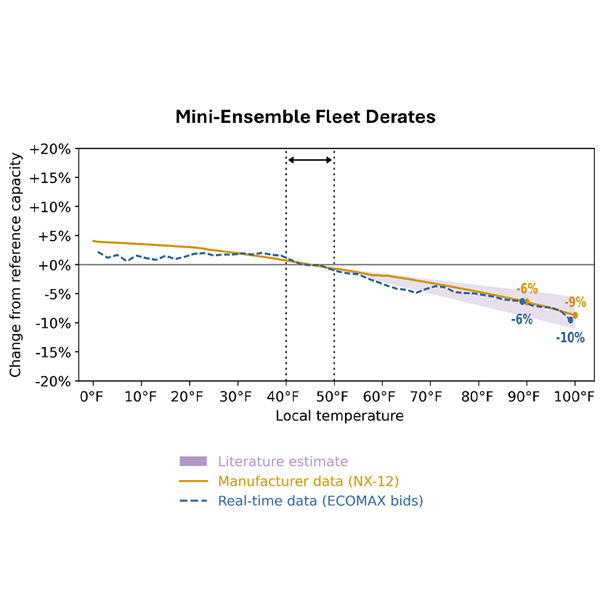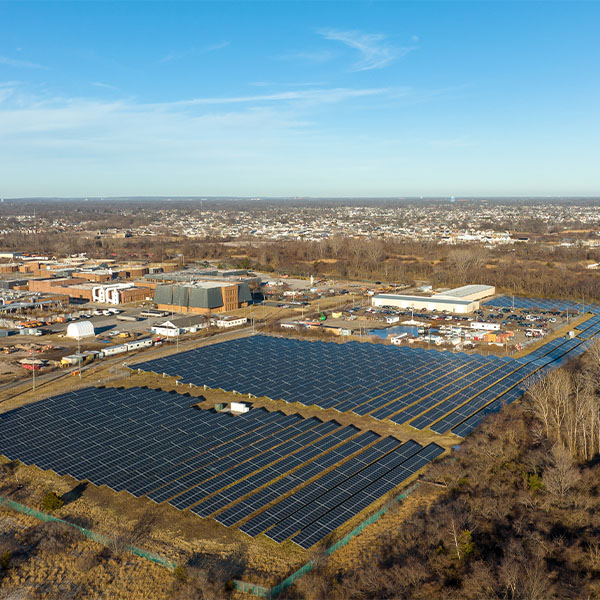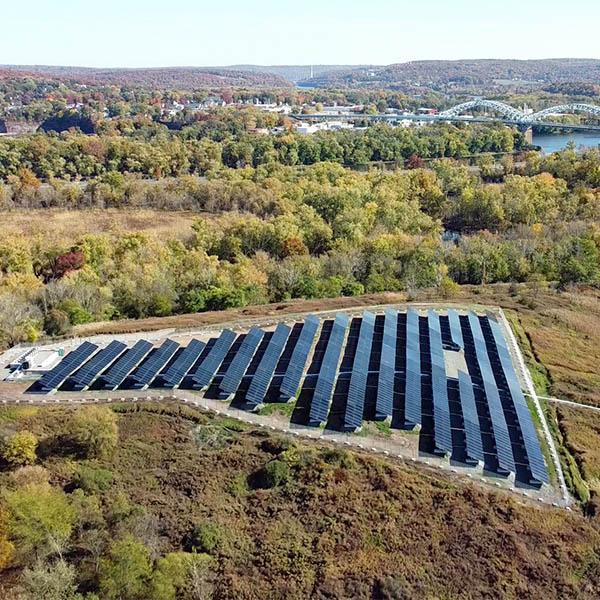ISO New England (ISO-NE)
The New Hampshire Office of the Consumer Advocate says National Grid should justify why the reliability needs addressed in its proposals should not be addressed through a competitive procurement process.
The NEPOOL Transmission and Markets Committees voted to support an ISO-NE proposal to adjust several key dates and deadlines in its compliance proposal for FERC Order 2023.
ISO-NE plans to cut its winter peak load projection for 2033 by 7.2% and its summer peak projection by 1.8%, ISO-NE told the NEPOOL Reliability Committee.
FERC approved filings by NYISO and ISO-NE authorizing them to collect tariffs on electricity imports from Canada.
The NEPOOL Markets Committee convened a two-day meeting focused on ISO-NE’s capacity auction reform project, along with other business.
ISO-NE discussed its plans for preventing and mitigating market power as it overhauls its capacity market and resource retirement processes at a NEPOOL Markets Committee meeting.
FERC accepted ISO-NE’s compliance proposal for Order 2023, setting the stage for sweeping changes to the RTO’s interconnection procedures.
In an appearance before the NEPOOL Participants Committee, ISO-NE CEO Gordon van Welie discussed his recent testimony at the U.S. House Energy and Commerce Subcommittee on Energy.
ISO-NE published the request for proposals for its first longer-term transmission planning procurement, which is focused on increasing North-to-South transmission capacity in New England and interconnecting onshore wind resources in Northern Maine.
FERC plans to rule on ISO-NE’s compliance proposal for Order 2023 on or before April 4, the commission announced in a short notice.
Want more? Advanced Search
